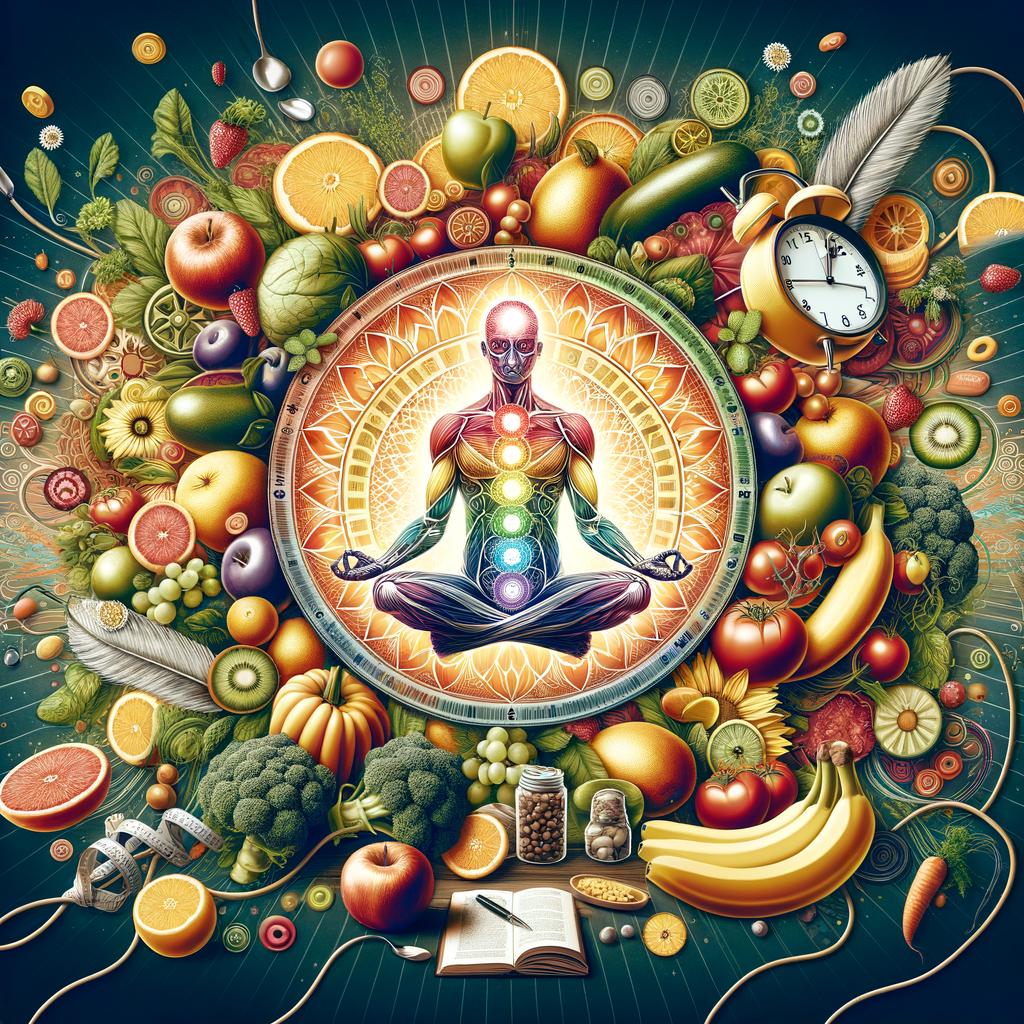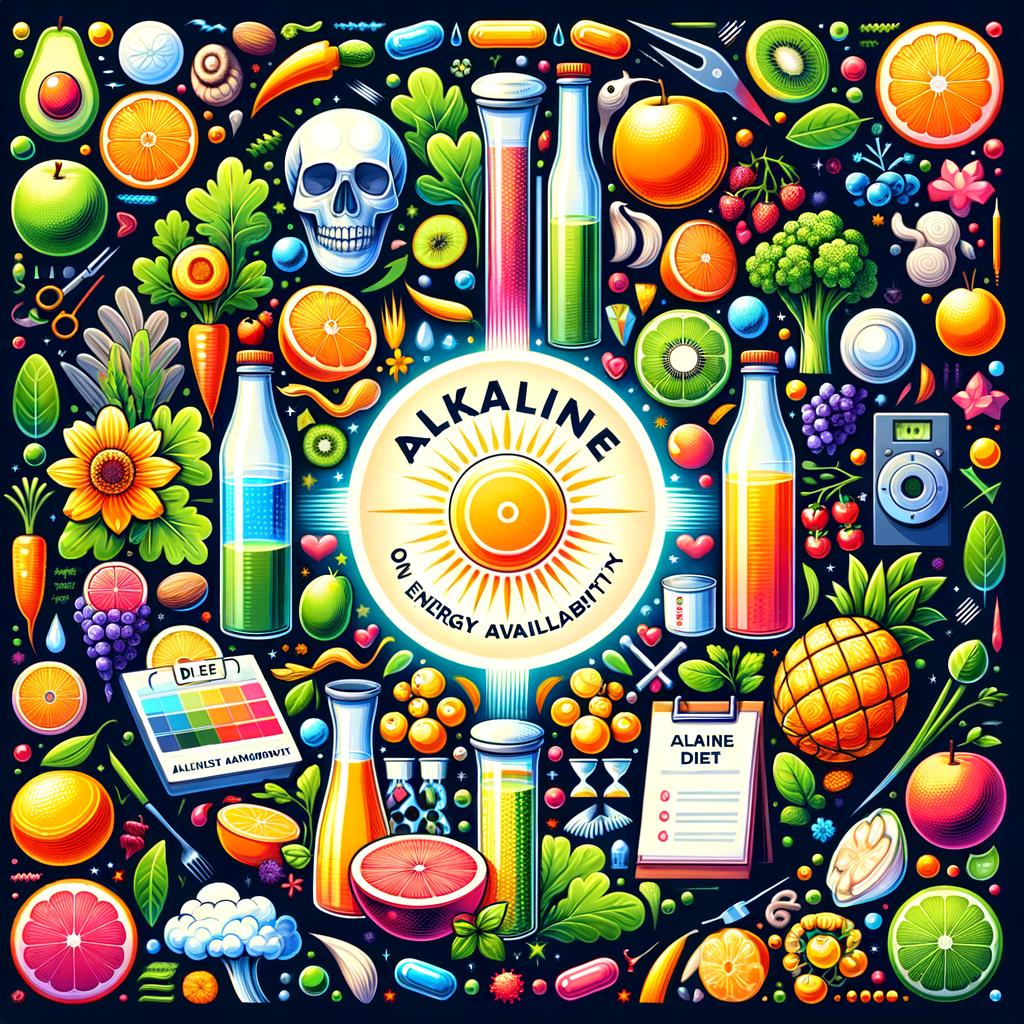
Introduction
Ever wondered why you feel sluggish despite getting a decent eight hours sleep? The question we ask ourselves is: “How does diet affect energy levels?” In short, the foods we consume play a crucial role in determining our energy levels. The kind of diet we subscribe to can either boost our energy levels or leave us feeling drained. If you’re feeling fatigued, the probabilities are high that your dietary choices might be the culprits. This article aims to unpack how diet affects energy levels and provide helpful information to guide your eating habits.
The Direct Relationship Between Food and Energy
First off, it’s worthwhile to note that food is the fuel that powers our bodies. Just as a car can’t run without gas, our bodies can’t function without the fuel food provides. Specifically, the carbohydrates, proteins, and fats in the foods we eat are broken down during digestion and released into our bloodstream as glucose – our body’s primary source of energy. However, not all foods are created equal, and they impact our energy levels differently.
The Role of Carbohydrates
Carbohydrates are the main source of energy for our bodies. Once eaten, they break down into glucose that gives fuel for our cells. But it’s important to differentiate between simple and complex carbohydrates. The latter are preferential as they release energy slowly, steadily, and keep you feeling fuller for longer.
The Power and The Pitfalls of Proteins
Proteins also play a role in our energy production. Besides being the building blocks for muscles and tissues, they provide a source of energy. But, be cautious, proteins should not be the main source of energy. They break down slower than carbs, and eating too much could result in long-term health problems.
The Fatty Facts
Finally, let’s consider fats. They are the primary storage form of energy and also a concentrated form of energy. But once again, distinguishing between good and bad fats is vital. Consuming a diet high in bad fats can lead not only to weight gain but also energy loss.
The Impact of the Alkaline Diet on Energy Levels
The alkaline diet, which includes fresh fruits, nuts, vegetables, and legumes, can help boost your energy levels. This is because these food groups are rich in complex carbohydrates and good fats, which are essential sources of energy.
Staying Hydrated and Energized
Let’s not forget the importance of hydration; water is also crucial to maintaining energy levels. Dehydration often leads to fatigue because it impairs physical performance.
Conclusion
In conclusion, our diet has a direct impact on our energy levels. It’s crucial to select high-quality carbohydrates, lean proteins, and healthy fats while staying well-hydrated to maintain optimal energy levels throughout the day.
Frequently Asked Questions
1. Which foods are best for boosting energy levels?
Whole foods such as lean proteins, fruits, vegetables, and complex carbohydrates are excellent for boosting energy levels. These provide the body with slow-releasing energy to keep you feeling full and energized throughout the day.
2. How can a change in diet affect my energy levels?
Changing your diet can dramatically alter your energy levels. A diet high in processed foods, sugars, and unhealthy fats can lead to energy crashes and make you feel sluggish. On the other hand, a balanced diet rich in nutrient-dense foods like fruits, vegetables, lean proteins, and complex carbohydrates can increase your energy levels.
3. What is the relation between diet and fatigue?
Poor dietary choices, such as regularly consuming fast food or sugary snacks, can lead to fatigue. Consuming these types of food causes your blood sugar to spike and then crash, leading to feelings of tiredness and lack of energy.
4. What are some diet strategies to increase energy levels?
To increase energy levels, it’s essential to ensure regular meals and snacks throughout the day, alongside plenty of hydration. Eating a balanced diet rich in whole foods, lean proteins, fruits, and vegetables is also key.
5. Why do I feel tired after I eat?
Feeling tired after eating could be due to several reasons, including consuming large meals or eating foods that lead to a rapid rise and fall in blood sugar levels. To avoid this, try eating smaller meals more frequently and incorporating more whole foods into your diet.



